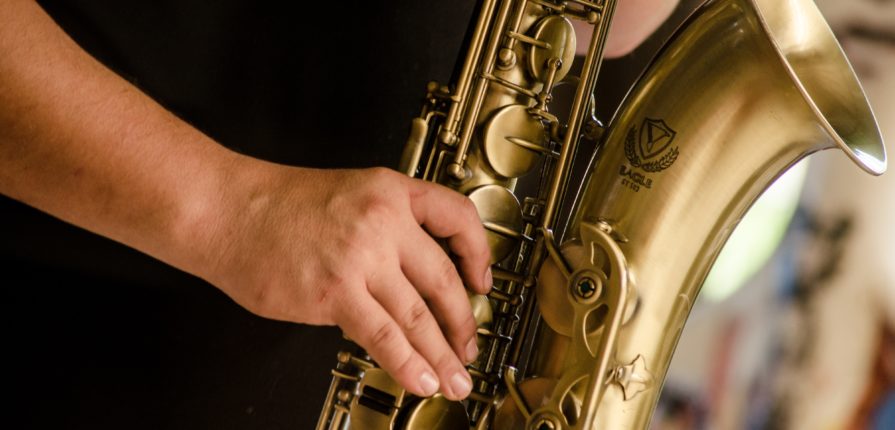To become a great improviser, you need to unleash your inner musical instinct and then learn to control it. Learning to improvise is a long-term mission; you’ll need to be armed with some tips, tricks, and strategies to help you continually improve.
—
Thursday, August 22nd
Today we’ll share three essential tips for developing your skills as an improvising musician:
Know the basics
Before you can make use of tactical advice, you need to have covered the basics. Hence, you will need to learn basic music theory to help you know your options and how notes, chords, and rhythms work together to create great-sounding music.
It’s easy to get carried away when learning to improvise, trying to integrate all sorts of progressive ideas and frameworks. But ask any of the most famous jazz musicians, and they’d tell you the same thing: you need to know the fundamentals.
For improvisation to sound musical, it needs to be based on the notes of the key you’re playing. Otherwise, you’ll produce a jumble of discordant random-sounding pitches. Playing notes from the key means knowing the scale, and playing in any key means knowing how to play major and minor scales in all 12 keys.
It also means knowing the chords of the key so that you can play the right notes over a progression in that key. Even if you don’t play chords on your instrument, you can benefit from learning about the chords. These fundamentals may seem like a lot of theory and tedious exercises to practice, but these are the bedrock of all good improvisation.
Embrace your Mistakes
Many people get discouraged when learning the art of improvisation because they try for perfection – when that is perhaps the exact opposite of the true spirit of improvisation!
Improvising music isn’t about avoiding mistakes – it’s about risking them and recovering from them.
Strong knowledge of theory and the possibilities available to you can make it easier to recover, but this is a skill you learn by doing. When you’re practicing improvisation, push yourself every time. Suspend your natural judgment and high expectations of yourself. Take risks and go beyond your comfort zone. When you make a mistake, don’t stop playing! And don’t berate yourself. Instead, see it as an opportunity to practice a more critical skill than perfectionism: recovering from errors.
Take it Slow (Literally)
When you have technical skills on your instrument, it’s tempting to jump into improvising at your average playing speed. However, whenever you’re at the limits of your improvisation skill, your brain needs time to think through what you’re trying to play! Of course, this need to actively think things through will diminish in the future, and you can play more complex solos while thinking less.
But at least at the beginning, you need to be able to accept that your improvisational playing speed will be substantially slower (think 50%) than your regular playing speed.
To teach your brain and ear improvisational skills it is essential not to overwhelm them. And there’s no better way to cause overwhelm than to rush, rush, rush! So instead, take your time.
Set your metronome for half speed. Not so slow that it becomes hard to produce precise musical phrases, but undoubtedly slow enough that you feel you have time to decide what to play next.
As your improvisation skills improve, you can gradually increase the tempo and complexity of what you play until it is just as fast and complicated as the most ambitious sheet music you’ve tackled.
This article is a re-post, with minor modifications, of “Twelve Tips for Learning to Improvise Music,” published on musical-u.com


